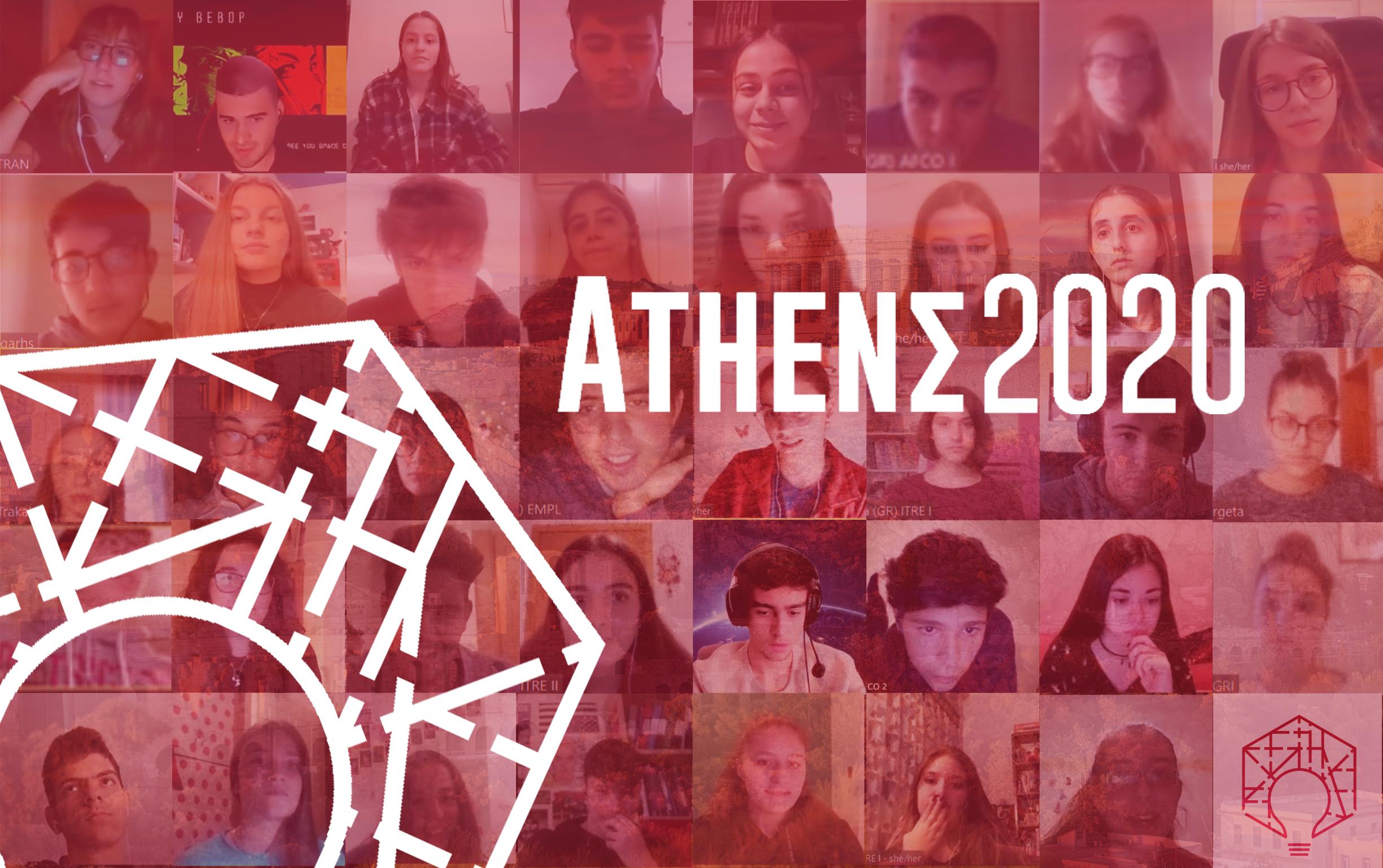
6 minute read
Diversity in EYP
Article by Alex Bañón (ES)
The first European Youth Parliament session I attended was in January 2018. That year there had been a push for more public schools to attend the regional and they made up about 40% of the schools participating. I was one of the only three people in my committee who could speak fluent English. The same three schools that had passed the last year won the selection that year as well. They were all private, expensive, international schools.
Advertisement
One could say that it is because of EYP’s English speaking nature that, at least in most European countries, only people from a certain economic background can actively participate in it. It is expensive to be bilingual in most countries, especially at the young age of 14 to 17. In my home country of Spain, only about 27.7% of people say they speak English to a certain level (not necessarily at debating level) - in Italy its 29%.
However, if you are to have an “EYP career”, the economic background really comes into play. Travelling is very expensive. Sessions are expensive. If you are to be a delegate, your school needs to be capable to pay it for you. Most public schools can’t afford that. If not, you have to pay for it by yourself and not many 15-year olds have the 85€ that International Sessions can cost laying around.
If you are to be an official (at least in pre-Covid times), you have to pay for the travelling and, in some sessions, the accommodation as well. That is without going into the equipment problem (ex. how most media team members are expected to bring a camera to sessions). Yes, there are travel reimbursements. Yes, if you are invited to a session as president most times you won’t have to spend a dime on travel and accommodation. But it takes time. And it takes a lot of EYP experience, which we have said previously not everyone can afford, before that happens. This then repercusses as exclusivity in other fields. João Silva, former president of EYP Portugal and jury at the session explains it really well:
“[This income level entry barrier] reflects itself in other uninclusive patterns, since lower income is correlated with belonging to an ethnic or sexual minority, or almost any other socially vulnerable group, as well as negatively correlated with your parents' education level (meaning that if your parents don't have a university education, you're less likely to be middle class or above).”
When asked about his opinion about the inclusivity of the organisation he states that: “I don’t think EYP is particularly uninclusive, especially when compared to some other organisations, and some of the efforts in this area are truly to be appreciated and lauded. But EYP faces structural problems in improving its accessibility to young people different from its current network membership, and fundamental reforms would likely be needed to change that on a signficant scale.” I definitely agree with this.
Although the majority of Europe’s population is Caucasian, it is definitely still surprising to see that 43 out of the 45 people I surveyed for this session identified as white.
EYP isn’t free from societal stigmatisation either. Racism, homophobia and discrimination are part of the world and, to put it Joao’s words, “we are not insulated from society, and its problems don't magically disappear once we're inside a session.” Nevertheless, it is still wonderful to see how accepting the majority of people in EYP are. Especially now that, with the inclusion of the Safe Person role, that diversity and freedom from harassment can be further protected. In my personal experience, EYP is one of the most inclusive platforms that I am in and, although somewhat elitist, it does strive for a broader community and takes steps towards it. Getting rid of the huge income barrier is, however, a much more difficult problem to solve. Not all hope is lost, though. Athens 2020 has taught me that Digital Sessions (although not as immersive as physical sessions) are a way through. First of all, they are much more cost-effective - therefore delegate fees can be enormously reduced. There is also no need for travelling, just a decent internet connection (which 87.2% of European countries have). Is it the full EYP experience? In my opinion, it is not. Does it make the youth more politically aware? Yes. Does it help form long lasting bonds and friendships? Yes. Does it inspire and empower young Europeans? I really do think it does. And if it makes a difference in this chaotic beautifully diverse little world that we live in, then it is definitely worth a shot.
These are some of the best replies I got in the form, maybe you can do a little page on “What do other eypers think?”
I love the fact we all speak one language regardless of where we are from but we celebrate and encourage other languages and cultures - Emma Barry
I recently took part in the Summer Academy, and had a lot of wonderful discussions with a lot of NC members from around the network. What really standed out to me was that a lot of NCs did not have any plans or programmes to mentor/guide new or potential alumni around the network. EYP can be really frightening when you first start out, and I was really glad to see some NCs (EYP Greece being alongside them) to take initiative and introduce mentorship programmes. - Vasilis Varsos
EYP can in some countries become a bit of an upper middle class debating competition and it's not always super accessible to less privileged delegates and schools. - Aidan Mamo
It could be more inclusive in terms of giving incentives and opportunities to people of lower socioeconomic backgrounds. Racially and culturally speaking I think we are doing our absolute best. It's just that due to the cost of the EYP life, the less fortunate do not get as much in comparison - it's kind of an expensive and almost elite hobby to travel all around Europe. Digital sessions are definitely a way through this though. - Elisavet Sidiropoulou
EYP is trying really hard to become more inclusive and I definitely acknowledge this - on the other hand, it still has things to improve in terms of ethnicity, economic background, and regional inclusion. - Rafael Tsiamis
It fails to include people from lower financial classes in their journeys as officials. Especially when sessions were still face to face, not many national committees provided travel reimbursements and no united effort from the centre of the network has been made to create a fund for this. Hence people who continue their "career" in EYP and do so by also having the freedom to select any session and not limit their choices in accordance to their financial status, come from a financially privileged or at least middle class background. - Natalia Tsoukali
Although I think that EYP as an institution tries to be as welcoming and inclusive as possible, I still think that there isn't that much variety both ethnicity-wise and class-wise. I think it is still difficult for people of lower income to have as much of a presence in EYP as someone with a bit more economical freedom. It is understandable, but I think further efforts could be made in that aspect. - Matilde Lopes
I believe EYP is one of the most inclusive networks in Europe, and it seems to never stop taking steps towards being even more inclusive. - Danai Varna
Click here for more:





